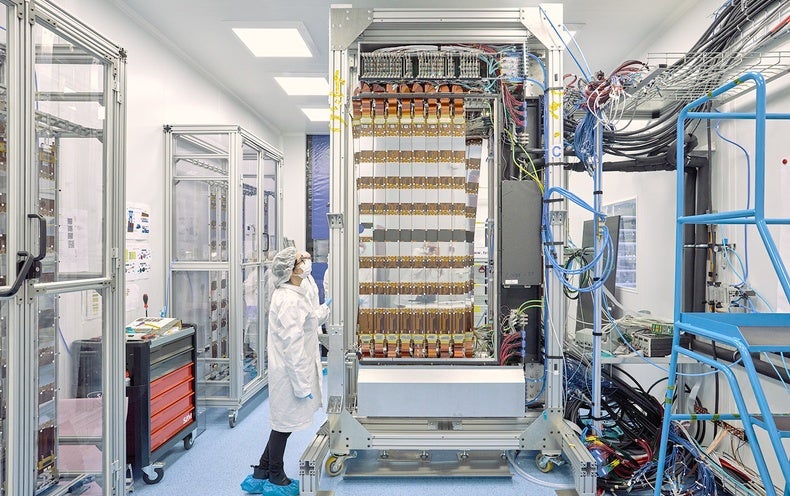Hint of Crack in Standard Model Vanishes in LHC Data
A once-promising hint of new physics from the Large Hadron Collider (LHC), the world’s largest particle accelerator, has melted away, quashing one of physicists’ best hopes for a major discovery.
The apparent anomaly was an unexpected difference between the behaviour of electrons and that of their more-massive cousins, muons, when they arise from the decay of certain particles.
Continued here